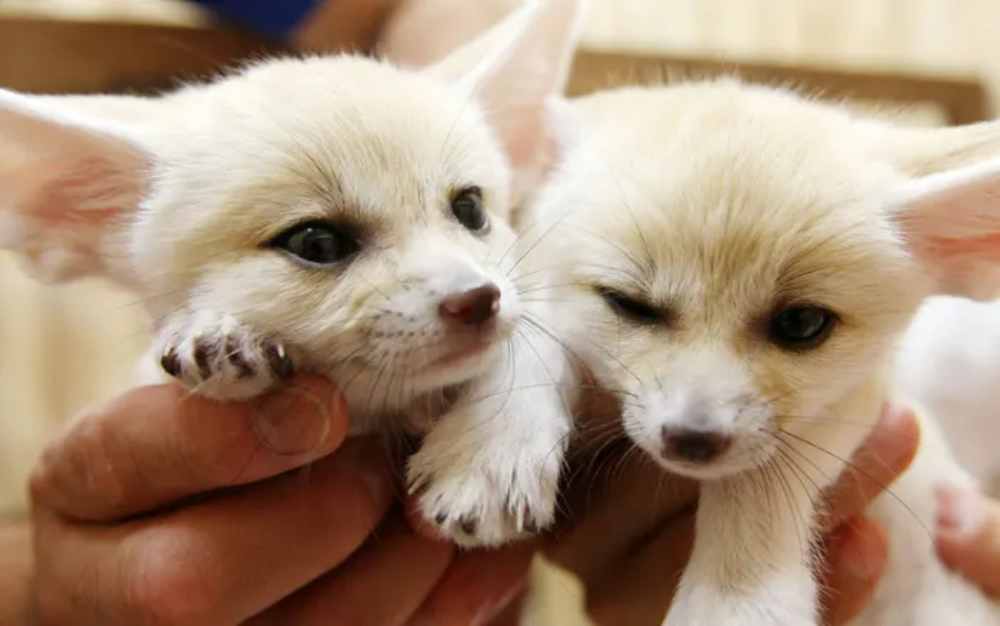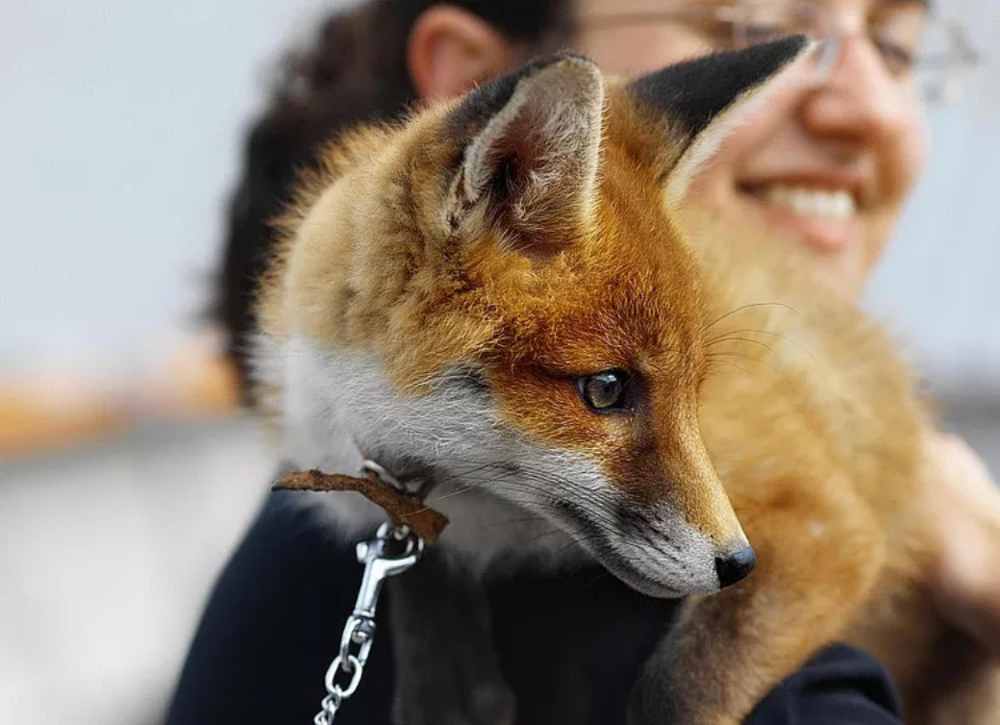
The Truth About Owning a Pet Fox: A Comprehensive Guide
One such substance is a fox, and exotic pets are trending. Many animal lovers are drawn to their intelligence, playfulness, and striking appearance. However, keeping a fox is not as simple as keeping a dog or cat. You need to know their specific needs, legal limitations and behaviours before adopting one. This article discusses pet fox care, legalities, and the best breeds for prospective owners.
Key Benefits of Owning a Fox

Why Consider a Pet Fox?
Foxes are captivating animals that offer unique companionship. Unlike more common pets, they have unique behaviours and need specific care. If you’re willing to invest time and effort, you can build a rewarding bond with your fox.
Challenges and Considerations
Despite their charm, foxes are not domesticated. They still have wild instincts and need a lot of commitment. You must provide a safe environment and understand their behaviours. Without proper care, a pet fox may become destructive or stressed.
Step-by-Step Guide to Pet Fox Care
1. Understanding Fox Behavior and Needs
Foxes are intelligent and curious. They need mental stimulation to thrive. They communicate using various sounds and body language. Unlike dogs, they don’t always show submission and may not respond to commands like domestic pets.
2. Creating the Ideal Environment
- Secure Outdoor Enclosure: Foxes need room to roam. A well-secured enclosure with high fencing and an underground barrier is vital to prevent escapes.
- Enrichment Items: Provide tunnels, climbing structures, and toys to keep them engaged.
- Shelter: Make sure they have a warm, dry place to retreat, especially in colder climates.
3. Dietary Requirements
Foxes are omnivores, so their diet includes both plants and animals.
A balanced diet should have:
- High-quality commercial fox food or specialised raw diets
- Lean meats, eggs, and insects
- Fruits and vegetables (avoid toxic foods like grapes and onions)
- Proper vitamin and mineral supplements
4. Socialization and Training
- Early socialisation is crucial. Raising a fox from a young age helps build a strong bond.
- Positive reinforcement works best for training. Be patient, as foxes have independent personalities.
- Handling should be limited to what the fox is comfortable with, as some may not like being held.
Legal Considerations: Is It Legal to Own a Fox?
Laws about owning a fox differ by region. Some areas consider foxes wild animals and do not allow them as pets, while others permit ownership with special permits.
- United States: Legal status varies by state. Some states ban pet foxes, while others require permits or specific enclosures.
- United Kingdom: Owning a fox is generally allowed, but welfare regulations must be followed.
- Other Countries: Many nations have strict regulations to prevent abuses in the exotic pet trade. Always check local wildlife laws before considering fox ownership.
Best Fox Breeds for Pets

Not all fox species fit well into domestic life. Here are some common pet fox breeds:
1. Fennec Fox
- Size: Smallest fox species
- Temperament: Playful, active, and social
- Special Requirements: Needs a warm environment and plenty of interaction
2. Red Fox
- Size: Medium-sized, brilliant
- Temperament: Curious but needs a lot of space and mental stimulation
- Special Requirements: Requires a secure outdoor enclosure due to vigorous digging and climbing instincts
3. Arctic Fox
- Size: Similar to red fox
- Temperament: Independent and very active
- Special Requirements: Needs cold climates or temperature-controlled spaces
Common Mistakes and How to Avoid Them
Mistake 1: Underestimating the Commitment
Foxes need more care than typical pets. They are high-energy animals that can become destructive without proper stimulation.
Mistake 2: Training Them Like Dogs
Foxes aren’t domesticated like dogs and may not respond to commands as expected. Focus on rewards rather than discipline when training.
Mistake 3: Inadequate Enclosure Security
Foxes are escape artists. A strong, secure enclosure with above-ground and below-ground reinforcements is essential.
Advanced Insights / Expert Recommendations
1. Enrichment Activities
To keep a fox happy, provide a stimulating environment. Use puzzle feeders and interactive play to prevent boredom and destructive behaviours.
2. Veterinary Care
Foxes need specialised veterinary care. Find an exotic pet veterinarian experienced with foxes to ensure their health.
3. Ethical Considerations
Foxes are still wild animals. Many animal welfare organisations advise against keeping them as pets due to their complex needs. Consider supporting fox sanctuaries instead.
Have a Fox as a Pet: Unique Experience

Having a pet fox is unique yet challenging. It requires knowledge of their needs, legal questions, and care needs. Foxes are not fully domesticated animals but can bond with their owners.
If you’re considering owning a pet fox, do your homework. Make sure you have the appropriate resources and consult with exotic animal experts. A fox is entitled to an environment free to thrive in.
Would a pet fox be the right companion for you? Share your thoughts and experiences in the comments below!


